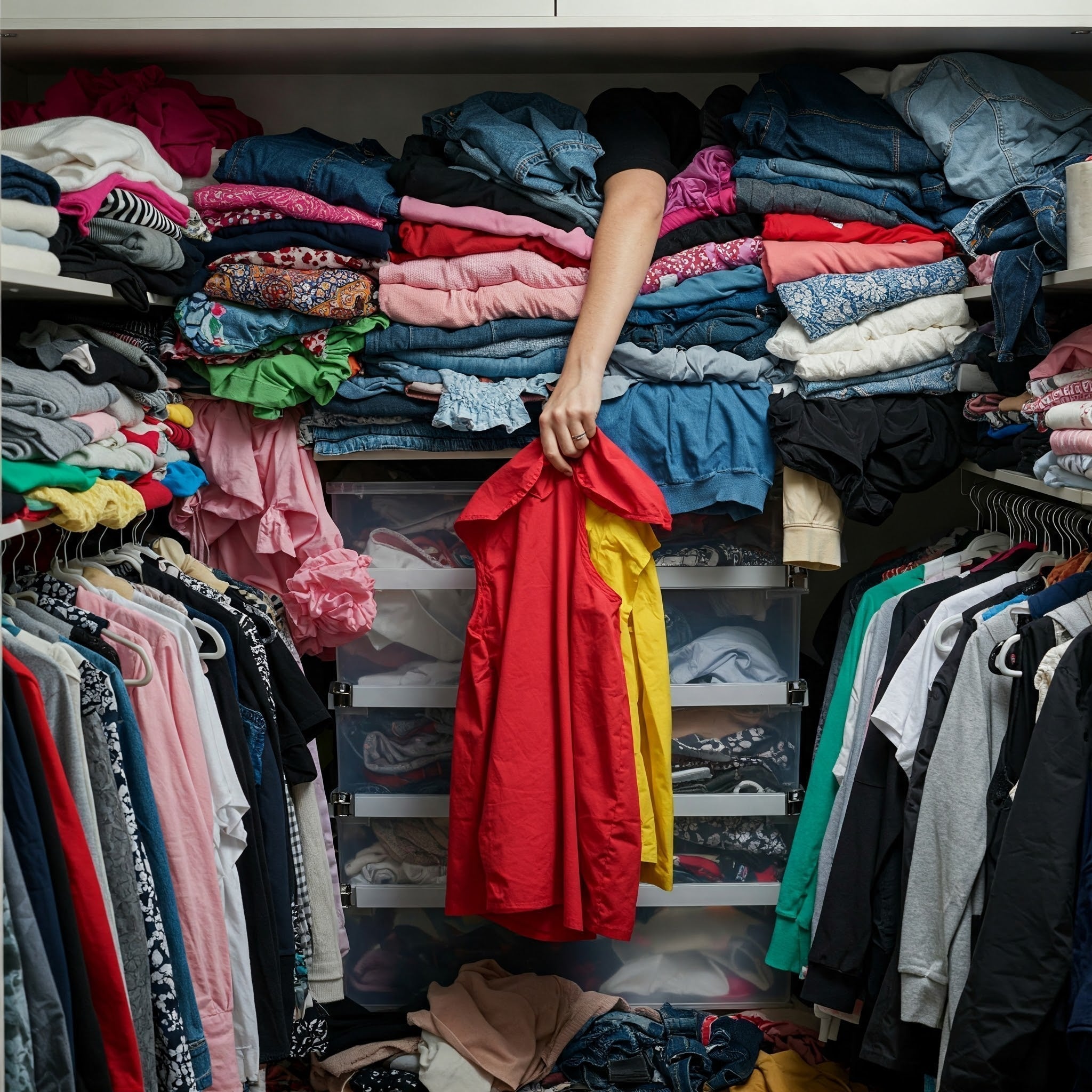Does anyone else feel like their clothes are staging a rebellion? We've all been lured by the promise of ridiculously cheap t-shirts and trendy dresses, but what if those seemingly harmless garments are contributing to a much larger problem? It's time to take action, and the primary culprit we need to address is the fast fashion industry. What is fast fashion? It's a business model centered on rapid production, low prices, and frequent trend cycles. Think of it as a constant stream of new, disposable items designed to be worn a few times and then replaced. The speed of production, and the low cost to the consumer, comes at a huge environmental and ethical cost.
Fast Fashion: The Clothing Equivalent of a One-Night Stand
Fast fashion operates on the principle that trends have a very short lifespan. Like a one-hit wonder, these items are designed to be worn a few times and then discarded. The business model resembles a poorly stocked buffet: it's cheap, plentiful, and leaves you with a lingering sense of regret. Those "unbelievable" sales? They're often a direct route to contributing to environmental damage. This system thrives on rapid production cycles, pushing out new styles at an alarming pace, which in turn fuels excessive consumption, frequently at the expense of both quality and durability. The constant stream of new arrivals creates a sense of urgency, compelling consumers to purchase items they don't truly need, leading to overflowing closets and a growing pile of textile waste.
The Environmental Toll

The planet's fashion-related issues are severe and demand attention. Pollution and textile waste are significant problems that cannot be ignored. The fashion industry is responsible for a staggering 10% of global carbon emissions, which surpasses the combined emissions from international flights and maritime shipping. Furthermore, the production of a single pair of jeans requires approximately 1,800 gallons (6,800 liters) of water. That's enough water for one person to meet their drinking needs for more than seven years. Even more concerning, around three-fifths of all garments produced end up in incinerators or landfills within a year of their manufacture. Synthetic textile fibers, contribute a significant proportion of primary microplastics directly entering the oceans.Those seemingly low prices mask a hidden cost, paid by the environment and garment workers alike.
Breaking Up with Bad Habits: Conscious Consumption for the Win
It's time to break free from the "buy-now-regret-later" cycle. Let's adopt a more mindful approach to our shopping habits. Investing in durable, high-quality items means that our clothes will outlast fleeting trends and contribute to a more sustainable wardrobe. Before clicking that "add to cart" button, ask yourself: "Does this item truly bring me joy, or will it simply add to the clutter?" Conscious consumption involves making thoughtful choices, prioritizing quality over quantity, and considering the environmental and ethical effects of our purchases. It's about building a wardrobe that aligns with our values and supports a better future for the planet.
Your Closet's Therapy Session

Let's give our closets the therapeutic intervention they desperately need. It's time to Marie Kondo our lives, or at least our wardrobes. If an item hasn't been worn in a year, it's highly unlikely that it will ever be worn again. Let it go, Elsa. A streamlined, curated wardrobe means less clutter, more mental clarity, and the eventual discovery of that missing sock. Decluttering is not just about getting rid of unwanted items; it's about creating space for what truly matters. It's about reflecting on our consumption patterns and making room for more sustainable and meaningful choices.
Where Style Meets Sustainability: The Future of Fashion
We believe that clothes should benefit both the wearer and the planet, and they should also be worthy of sharing on social media. Imagine a world where clothing items appreciate in value over time, rather than ending up as landfill after a few wears. Supporting ethical brands means supporting fair labour practices, sustainable materials, and a reduced environmental footprint. It's about investing in a future where fashion and sustainability can coexist harmoniously. The change starts with the consumer. By purchasing fewer, better made items, we force a change in the market.
The planet deserves better than a constant stream of disposable fashion. And so does your closet.
